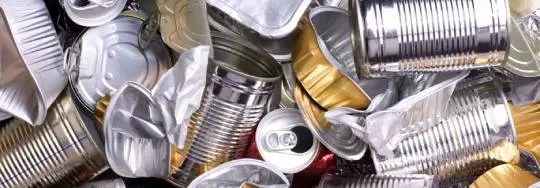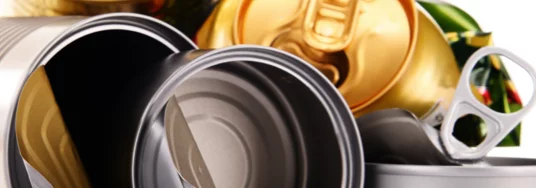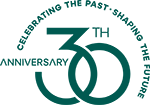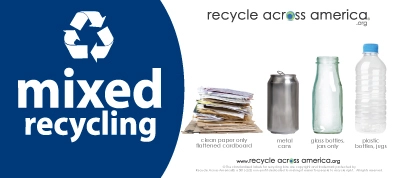
Washington
Recycling Guidelines
Reduce. Reuse. Recycle.
Mixed Recycling: Plastic, paper, metal and glass can be comingled together in your single-stream recycling collection
PLASTIC
Look for plastic items labeled #1 - #5.
- Bath bottles- shampoo, mouthwash, lotion, soap, etc.
- Bottles & jugs- beverage, food, etc.
- Containers- fruit, baked good, etc.
- House bottles & jugs- cleaning supplies, detergent, etc.
- Lids and caps can stay on plastic bottles
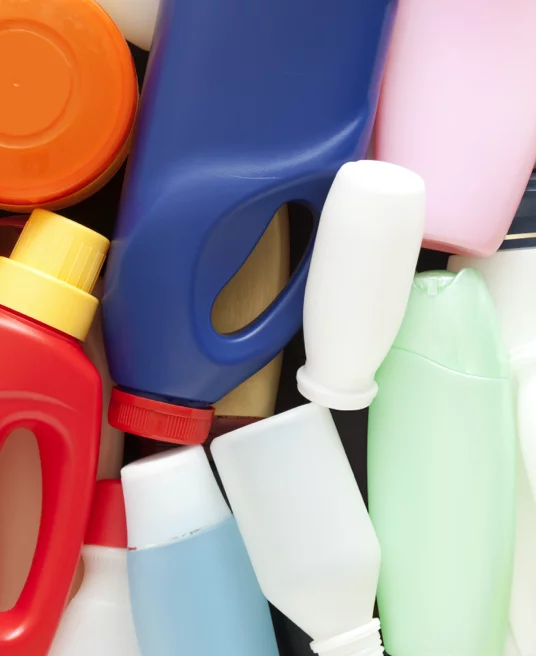
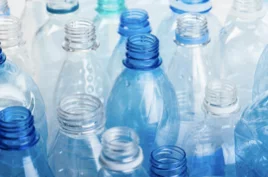
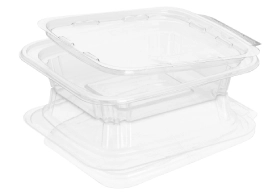
METAL
- Aluminum- cans, foil, food pans, and containers
PAPER
Look for Paper items
- Cardboard- flattened moving boxes, food boxes, etc.
- Cartons- milk, juice, etc
- Cups
- Mixed paper- office paper, newspaper, mail, catalogs, magazines, and books
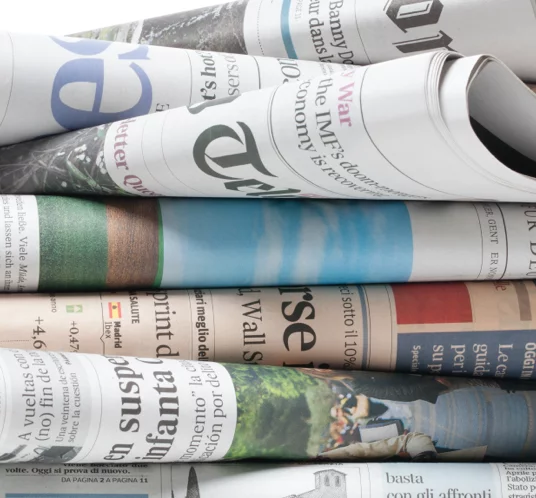
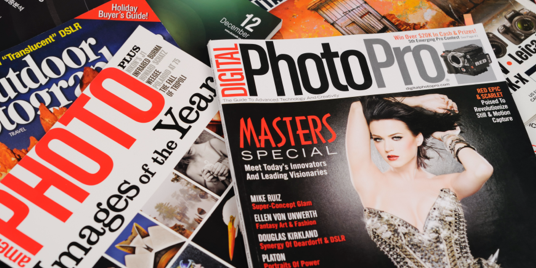
Paper can be recycled up to seven times, depending on the quality
Cardboard tubes from wrapping or toilet paper rolls
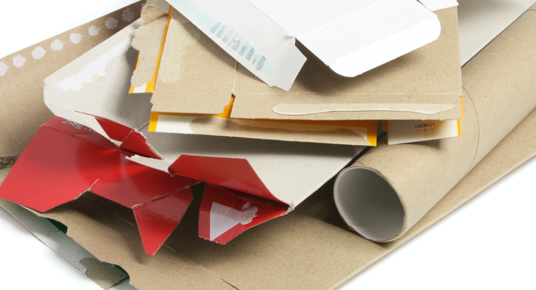
GLASS
Look for glass food jars and drink bottles
- Bottles- beverage, food, etc.
- Jars- beverage, food, etc.

Mixed Recycling: Plastic, paper, metal and glass can be comingled together in your single-stream recycling collection
Doorstep Recycling Collection
Place acceptable recyclables in a securely tied, see-thru bag, separate from your trash and place in your bin, outside your front door with your scheduled trash collection.
When in Doubt – Toss it Out
Please do not place any unacceptable items in communal recycling containers or in your household recycling bags. Remember, if recycling contains “contaminants” (non-recyclable items or containers not properly cleaned), the whole batch may be rejected and sent to a land fill. When in doubt – best to toss it out!
What can NOT be recycled
- Tissue
- Plastic bag
- Peanuts (foam packaging)
- Straws or utensils
- Foam polystyrene
- Black bags
- Wraps and films
- Construction and demolition debris
- Yard waste
- Textile (bedding, clothes, carpet)
- Hazardous waste
- Tanglers (cords, hoses, hangers)
- Electronic waste
- Batteries
- Furniture
- Ceramics
- Windows
- Mirrors
Recycle Collection Tips
Provide Visible Clear Signage
- There should be large clear signage with images depicting what goes in each bin
- Place sign at eye level
- Provide sign in multiple languages
- You can download signage free of charge using the link below
- https://zerowaste.dc.gov/node/1269391
Color Code Your Bins
- Blue for recycling
- Green for organic (Composting or Anaerobic digestion)
- Black for trash
Communicate information
- Train and communicate regularly to your staff, tenants, and occupants on how and what to recycle
- Set up a system for educating new tenants and staff
Emails and Newsletters
- Communicate to residents and employees regarding recycling information through emails and newsletters
- Below are email samples
Manage & Monitor Recycling Programs
- Monitor your program to prevent contamination and track your progress towards waste reduction and diversion goals
Bundle Solid Waste Hauling
- Bundling your trash and recycling contracts can often save money on disposal cost
How to Prepare Recyclables
- Recyclables should be clean & empty
- Do not bag recyclables, leave items loose in the bin
- Empty and flatten cardboard boxes
- Keep out: plastic bags, clothing, tangles (cables & cords), electronics and batteries
Multifamily-specific highlights. Check with your municipality for the latest guidelines.
- Under DC law all apartment buildings must maintain an active commercial recycling program
- The recycling program must include separation of recyclables from other solid waste
- This service must ensure an adequate number of containers for separated recyclables
- These properties communities shall oversee the hiring process of a licensed, registered recycling hauler to regularly pick up recyclables
- Black bags cannot be used to hold recyclables. Clear or non-pigmented plastic bin liners to hold clean and empty recyclables are allowed but not preferred
- Ensure the separation of recyclables (which is done by the recycling hauler)
- Provide educational collateral to communicate recycling information provided
- Ensure the separate removal of recyclables by a licensed recycling hauler
Recycling Ordinance: Best Practices & Requirements
- Supply an adequate number of recycling containers
- Communicate information, including how and what to recycle
- Post and maintain signage showing what to place in the recycling bin
- Remove recycling at least twice a week
- Recycling shall not overflow the container or be stored in paper or plastic bags outside of an approved container
DC requires recycling for all commercial establishments including apartment buildings (with four or more units)
If these commercial properties don’t comply with the recycling regulation, then they can be fined. Fines range from $200 for a first offense to $1,500 for the third violation of the same regulation within 60 days
Residents are encouraged to report commercial property that does not recycle; which they can do via the city’s recycling hotline (202) 645-8245
This ordinance was effective January 1, 2018
Learn more about recycling in your city.
- What can I recycle at home?:
https://zerowaste.dc.gov/page/recycle-residents
https://zerowaste.dc.gov/page/recycle-businesses - Zero Waste: District Recycling Guidelines:
https://dpw.dc.gov/sites/default/files/dc/sites/dpw/Mayor%E2%80%99s%20List%20of%20Recyclables%20and%20Compostables_Commercial_SP_Mar2019.pdf - Department of Public Works (Recycling collection schedule & holiday trash):
https://dpw.dc.gov/publication/holiday-trash-and-recycling-collections-schedule - Commercial Property Recycling Resources (signage, email template, recycling fact sheet, etc.): Different languages available:
https://zerowaste.dc.gov/page/resources-businesses - What you need to know about commercial recycling:
https://dpw.dc.gov/service/commercial-recycling - Brief History of Solid Waste Management and recycling in Washington, DC:
https://ilsr.org/brief-history-of-solid-waste-management-and-recycling-in-washington-dc/
For more information, please contact:
Frank D. Reeves Municipal Center 2000 14th Street, NW, Washington, DC 20009 Phone: (202) 673-6833 Fax: (202) 671-0642 TTY: (202) 673-6833 Email: [email protected]
Hours of Operation Monday to Friday, 8:15 am to 4:45 pm, except District holidays
This information is not your official community or municipality guidelines. Recycling mandates may change based on the local processing capabilities and shifting markets. Contact your leasing office or local recycling agency to learn more or use the links under the “Recycling Resources"

